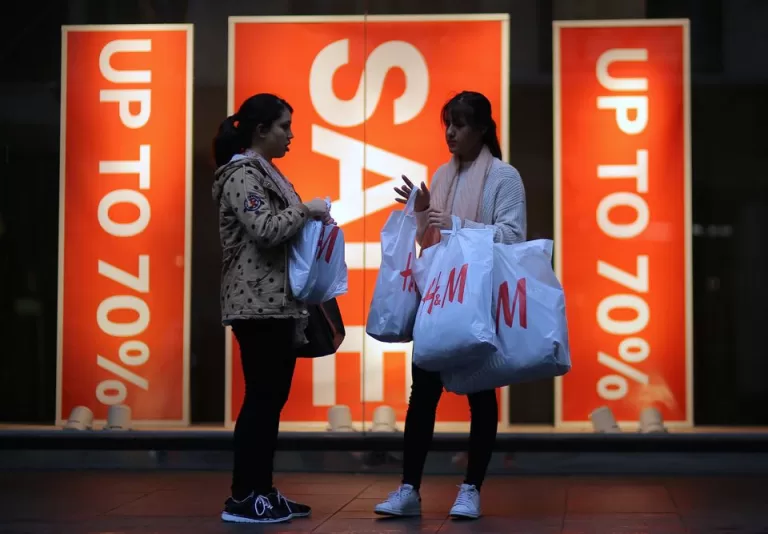
SYDNEY, (Reuters) – Australian retail sales plunged in July as coronavirus lockdowns shut shops and services in the nation’s largest city, further evidence the economy is set to contract sharply this quarter as the Delta variant of the virus spreads.
Figures from the Australian Bureau of Statistics out on Friday showed retail sales fell 2.7% in July to A$29.8 billion ($21.55 billion) from June, when travel restrictions had already caused a 1.8% drop. It was the largest decline this year and even worse than market forecasts of a 2.3% fall.
The A$360 billion retail sector accounts for around 18% of gross domestic product and further weakness is expected this month as lockdowns engulf Melbourne and Canberra.
Sales in New South Wales state collapsed by nearly 9% in July, and a similar drop is likely for Victoria in August.
The harsh hit to consumption, employment and hours worked is sure to see economic output shrink this quarter ending what had been a remarkably strong rebound from last year’s pandemic-driven downturn.
“We estimate that 550,000 workers have been stood down because of the lockdowns,” said CBA’s head of Australian economics Gareth Aird.
“We have downwardly revised our Q3 GDP estimate to look for a contraction of 4.25%, from -2.75% previously.”
That might even trigger another recession, though analysts are hopeful that recent rapid progress in vaccinations will allow stricken cities to open up enough in the fourth quarter to avoid such a bleak outcome.
The vaccination pace has picked up markedly after a hesitant start to hit an average of 260,000 a day in the past week. Just over 32% of the adult population is now fully vaccinated, while 55% have at least one dose.
The conservative government of Prime Minister Scott Morrison has laid out plans to start opening the economy once 70% of adults are vaccinated, and to avoid lockdowns altogether once 80% are covered.
The Reserve Bank of Australia (RBA) has also been counting on a rapid recovery in consumption once restrictions ease, which is why it decided to press ahead with plans to trim its bond buying campaign despite the latest lockdowns.
However, with Sydney and Melbourne now set to be shut for far longer than first thought the central bank is under pressure to delay the taper at its next policy meeting on Sept. 7.






